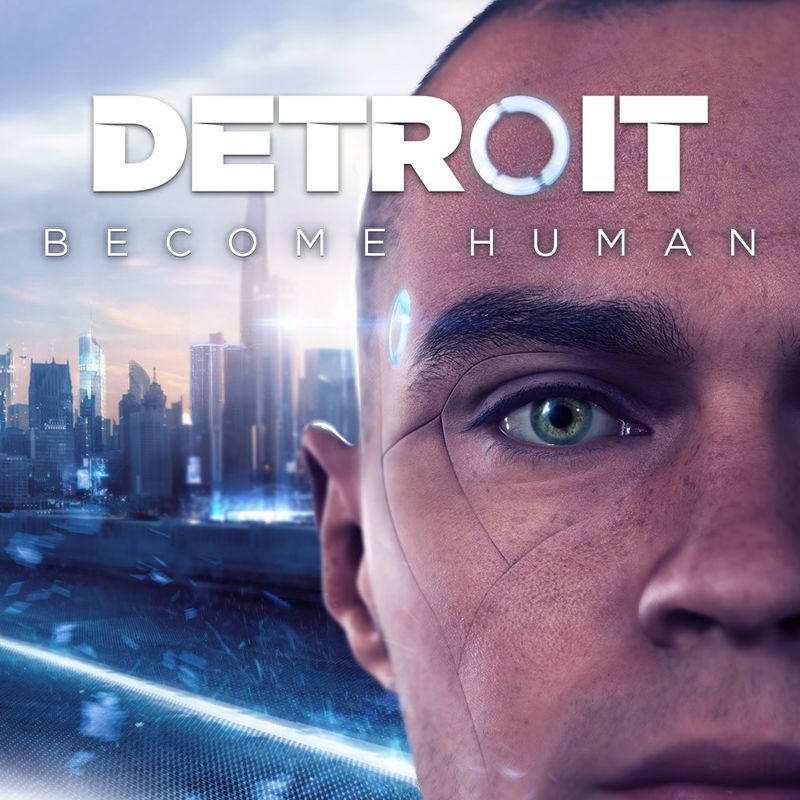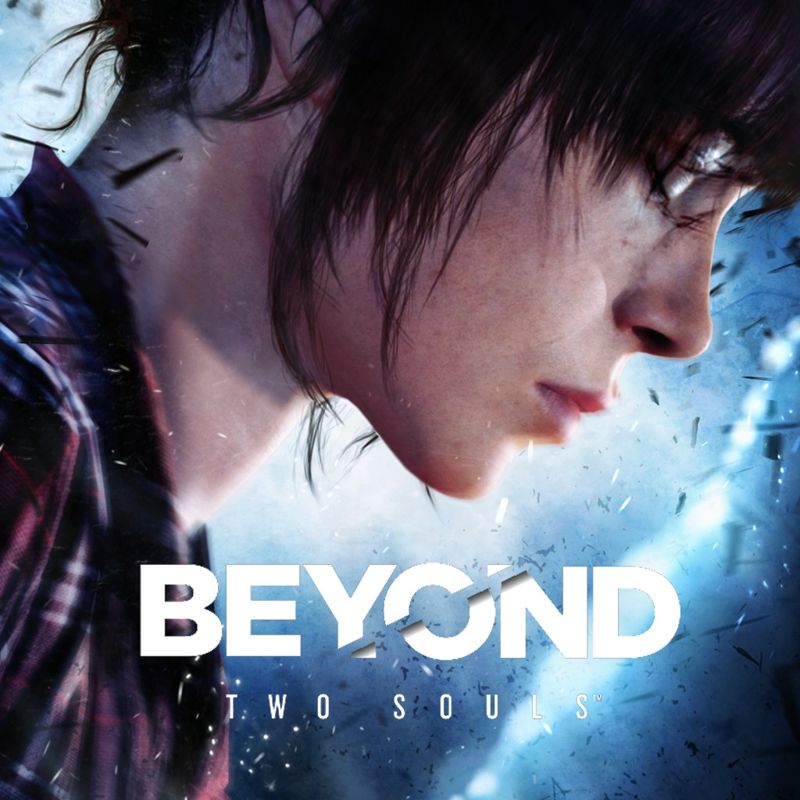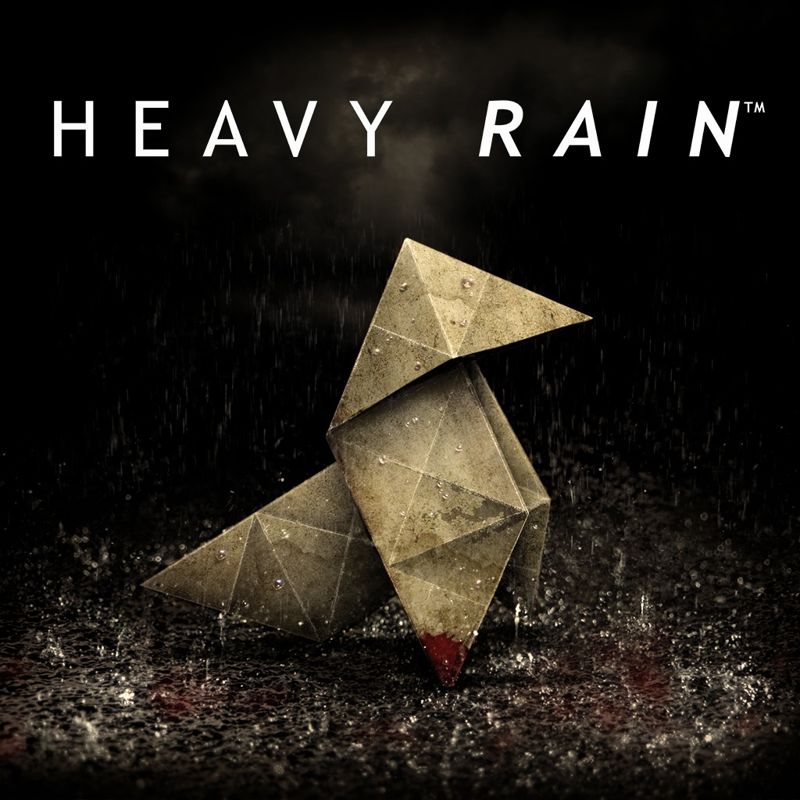toro
Arcane

- Joined
- Apr 14, 2009
- Messages
- 14,087
I disagree.You can find more meaningful c&c in the many different options a game gives you to build a party and then allows that party to resolve conflict or navigate a maze, than you will find in a million guilds all recognizing what you've done for them. The first example with party building gameplay is real c&c while the 2nd example is simply writing stuff that applies to any game.
Remember what I said: real c&c is seperate from story, plot, or NPCs.
Your view of C&C is all about character builds, and how the world reacts to that / gives you options to use that build in the game. While that is true, C&C isn't limited to that. Actually, C&C about builds is the type of reactivity that's not exclusive to RPGs, since we have many games with RPG elements, such as tactical games with extensive character builds. Fallout Tactics, for one. Still for some that's all an RPG is, and even in PnP some players just play builds in tactical situations.
But the idea that was also advanced with C&C is that RPGs are more than character builds. They require roleplaying, as in playing a character, not just a build. Personality, morality, attitude, beliefs, background, etc. are part of what makes a character and part of what you roleplay. In PnP, that requires you doing actions that makes sense given your character definition, and the GM reacting and adapting what unfolds to that. But for that to be possible in a cRPG, the game must have implemented ways to express such features of your character, and a way to show the impact of those on the game, i.e. C&C. Otherwise you're just playing pretend in your head while the game makes not acknowledgement to it, i.e. LARPing.
Now, character choices, those involving personality, values, etc., will obviously be tied to story and NPCs. Why? Because that is often how your character enters in play. Your attitude, background, etc. will generally only be reacted to when you interact with other NPCs. See for example Arcanum: people react to your race and background and treat your differently. That can only happen in interaction with NPCs. It goes beyond tactics and character build. If you were playing only a build, your choice of a race would be purely for the mechanical benefits (or the looks), say for example you'd choose to play an Orc for the physical bonuses. But that choice can be more meaningful in an RPG that implements C&C / reactivity to that choice. Only then are you playing something more that a pure build.
Same goes with other parts of your PC's character. Morality, values, beliefs and motivations can be expressed in interaction with NPCs, but also very much in story choices / choosing how to resolve a certain situation. Get a contract to kill someone, realize the target is a kid / nice person, and if your character's morals are opposed to it, then you make a choice to resolve the situation differently if implemented in the game. That is C&C, because the game allows you to resolve a situation differently depending on who your PC is, not only what's his build. And that allows for actual roleplaying. The idea of branching story comes from there, in that who you are will influence how you deal with different situations and lead to different story outcomes.
Now I'm not dismissing at all the importance of reactivity to a character's build and the gameplay that results out of it. Just saying that that's not all that roleplaying is, not all that C&C is. And if you view roleplaying as playing a personality with a chosen background and personality, then the build C&C won't be enough. In such as view, a game with only build reactivity might not even be enough to qualify as a roleplaying game without some personality C&C.
This is nightmare fuel stuff.







![The Year of Incline [2014] Codex 2014](/forums/smiles/campaign_tags/campaign_incline2014.png)
























 .
.




